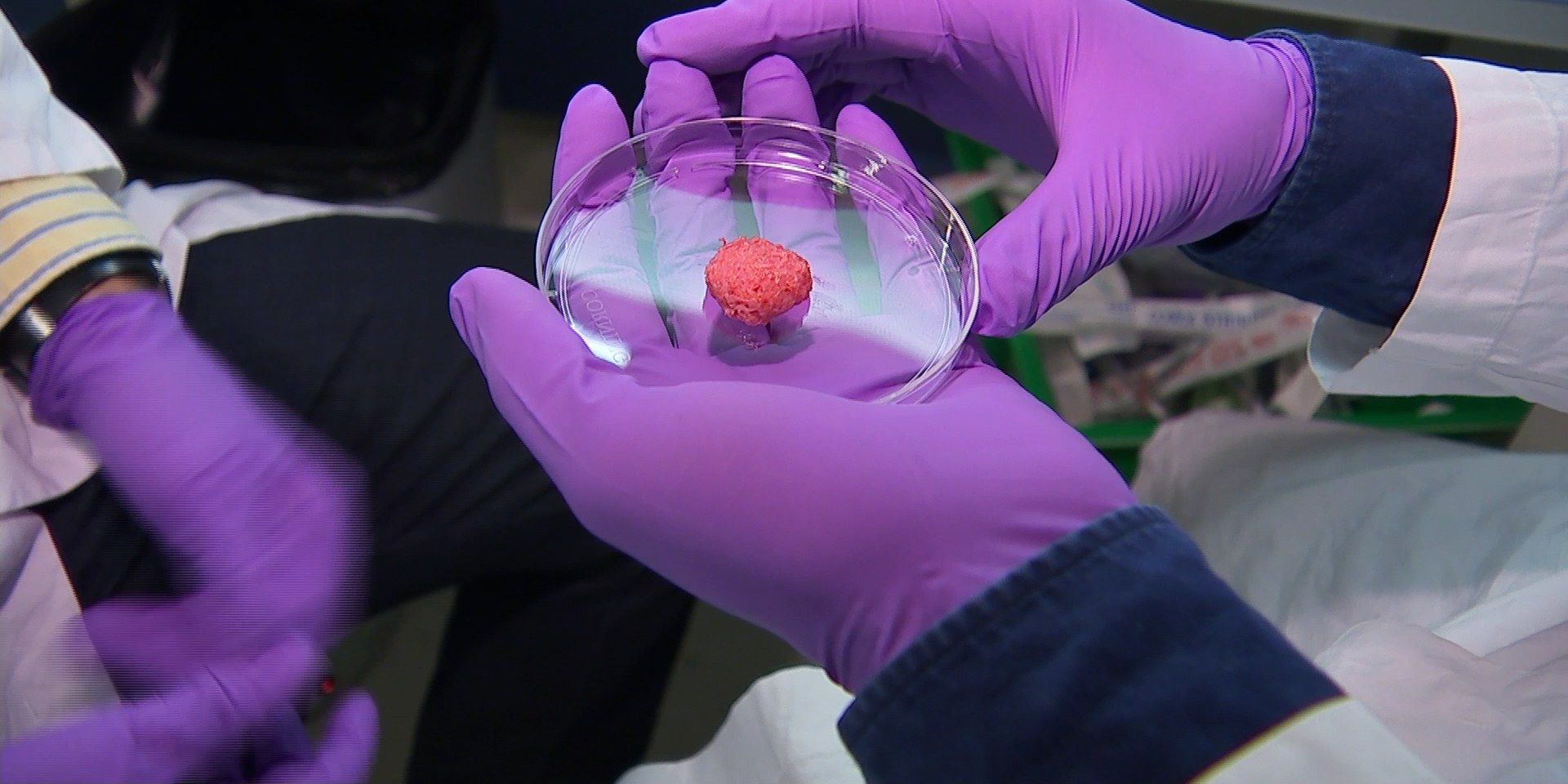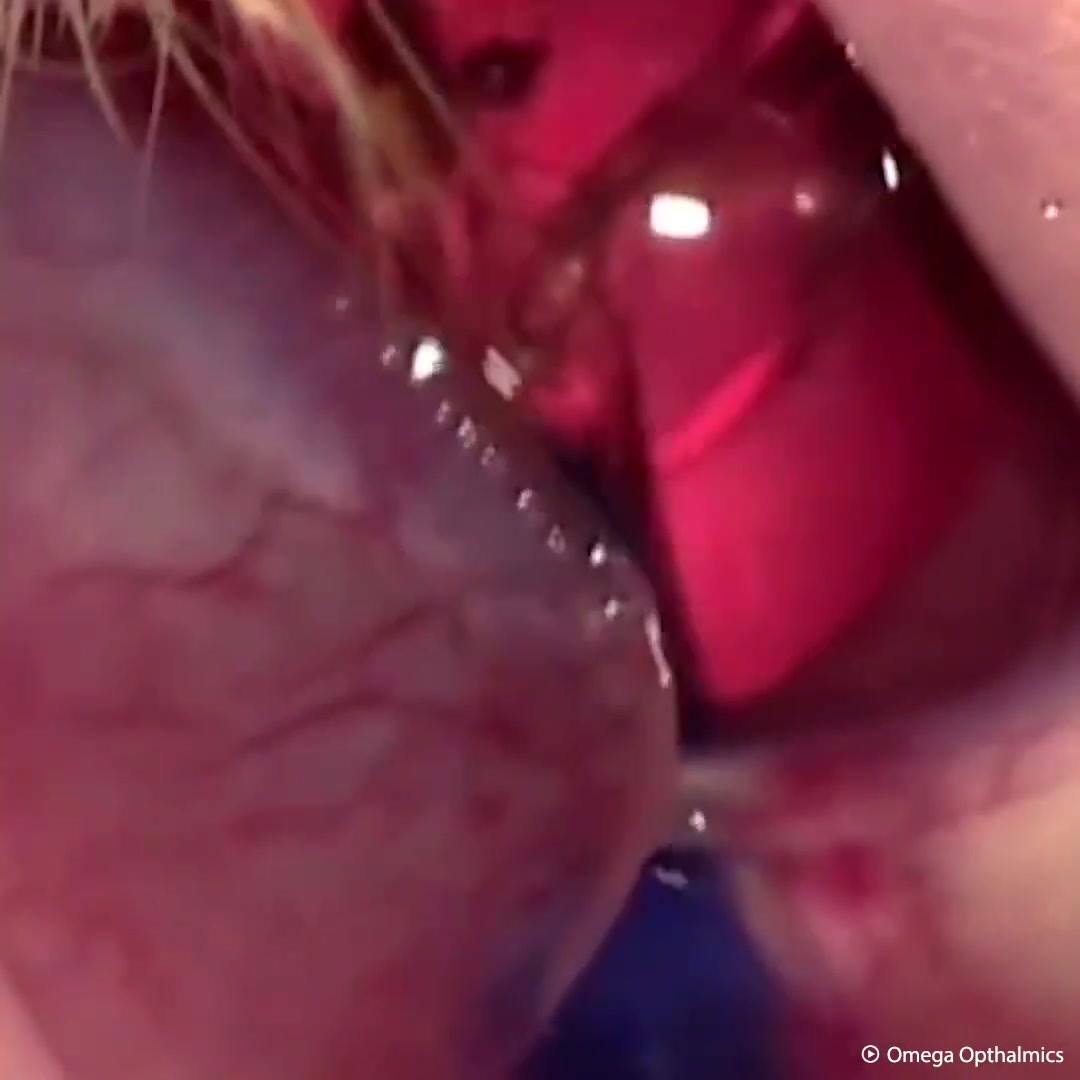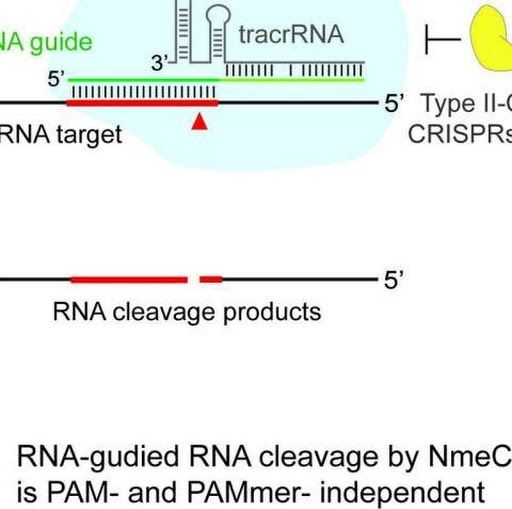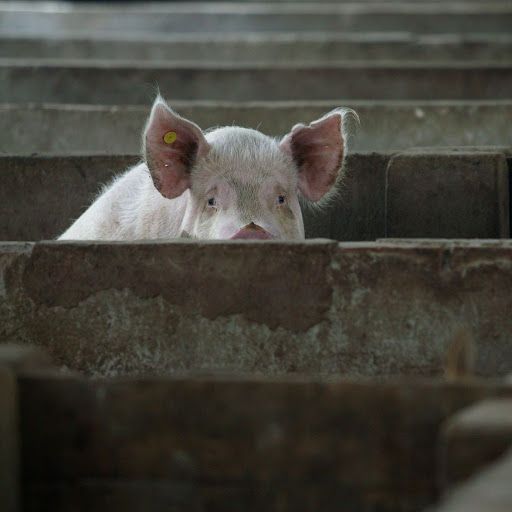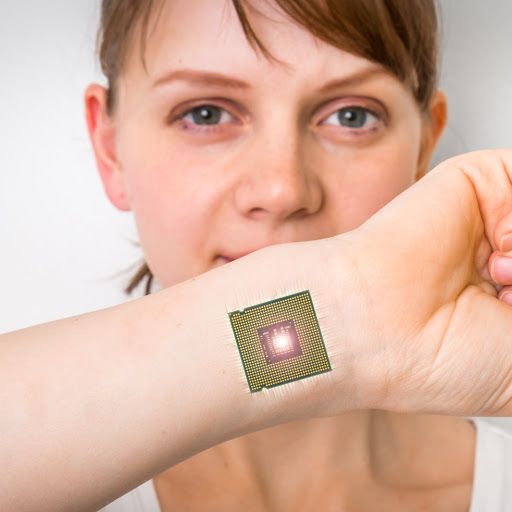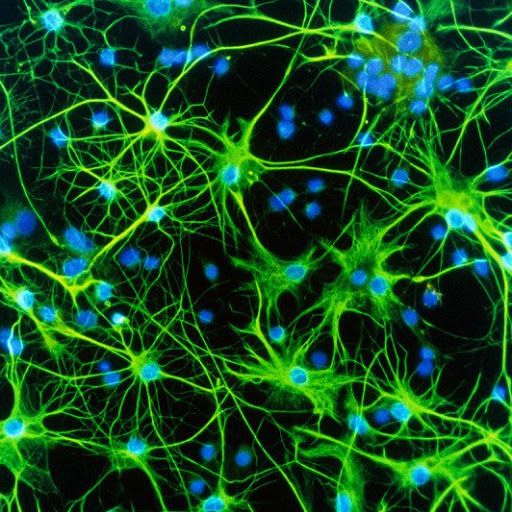Scientists have been culturing meat in labs for years, but Just and other startups like Finless Foods, which is growing fish meat, have been feverishly pursuing this so-called “clean meat” of late. Just is chasing a cultured chorizo and a cultured nugget in addition to the foie gras. And Tetrick claims his startup has finally made the process cost-effective enough to take to market: At the end of this year, he says, Just will officially introduce an as yet undisclosed lab-grown meat, the first time the stuff will hit shelves.
The challenges of engineering meat in the lab is one thing, but convincing consumers to turn away from the storied kill-it-and-grill-it method of eating is another. And while it’s easy to imagine how lab-grown meat would be better for the planet, there’s actually little data to back that up.
Whether or not Just makes it to market this year, and whether or not their meat tastes and smells and feels like meat, the era of clean meat is approaching. (Just declined to let us taste their food, saying it wasn’t ready for public consumption.) Soon enough, burgers will grow not just in fields, but in vats. Farther down the line, your T-bones may not come from a cow, at least not in the traditional sense. If the sound of that bothers you, know that you’re not alone.
